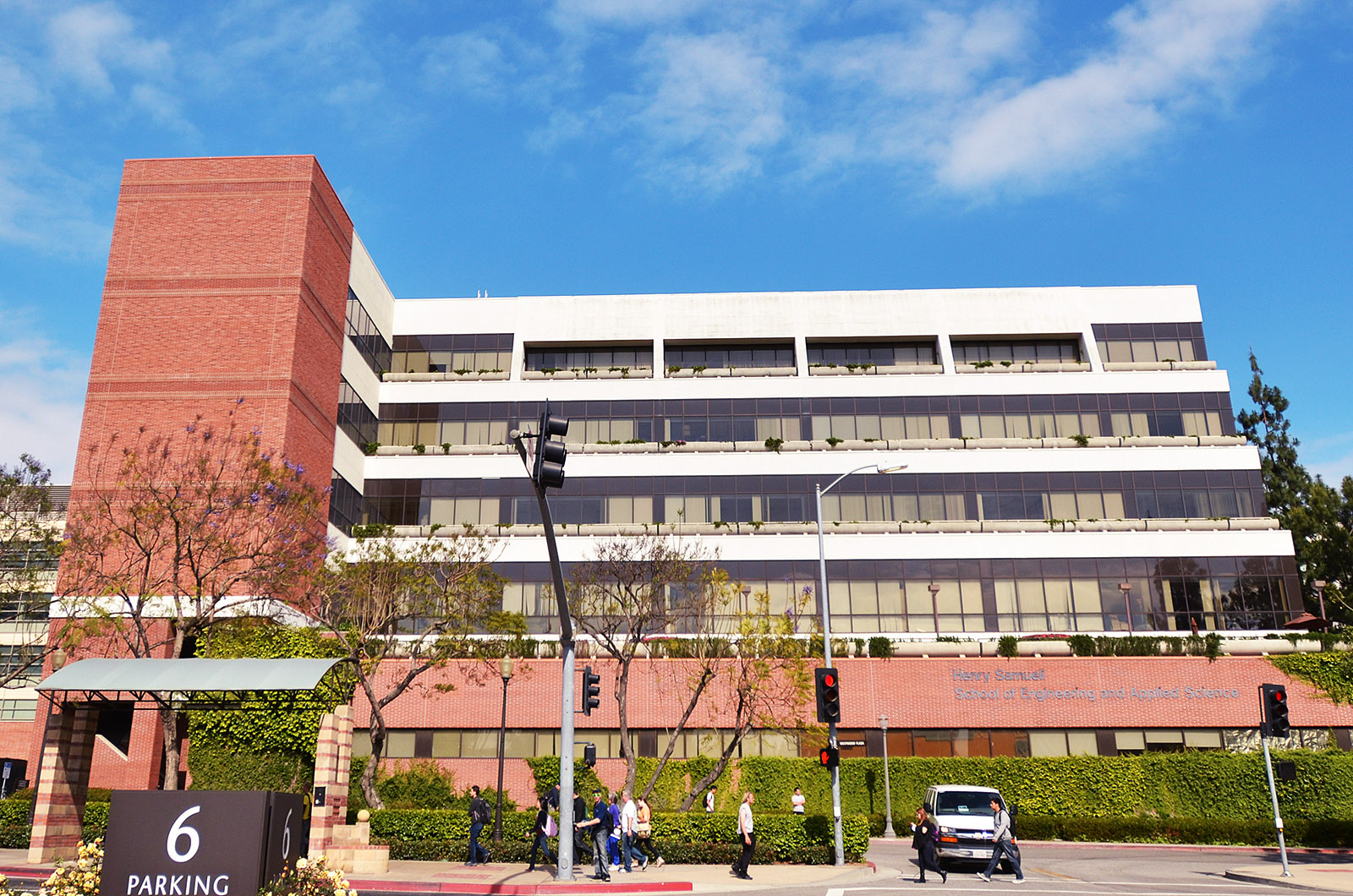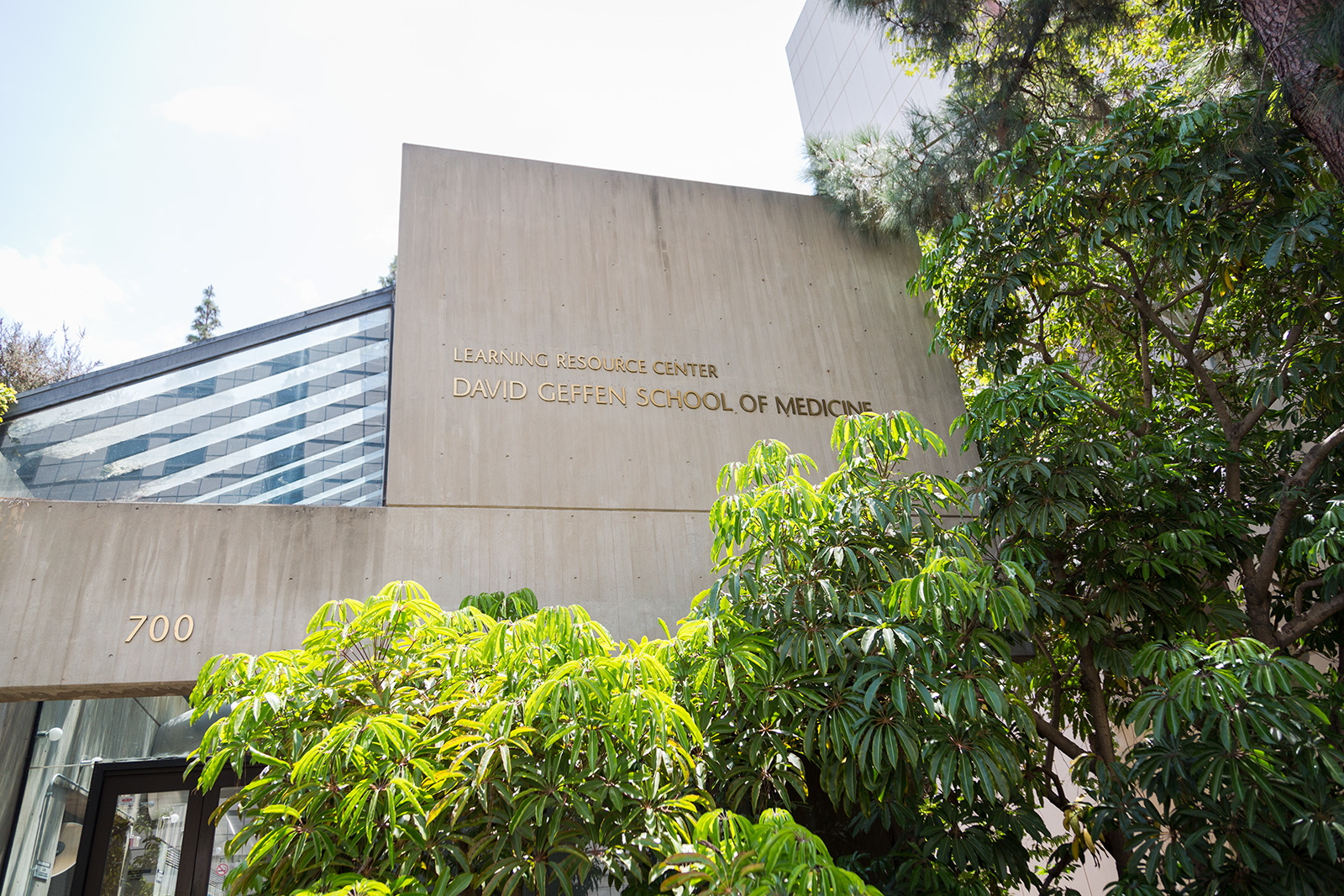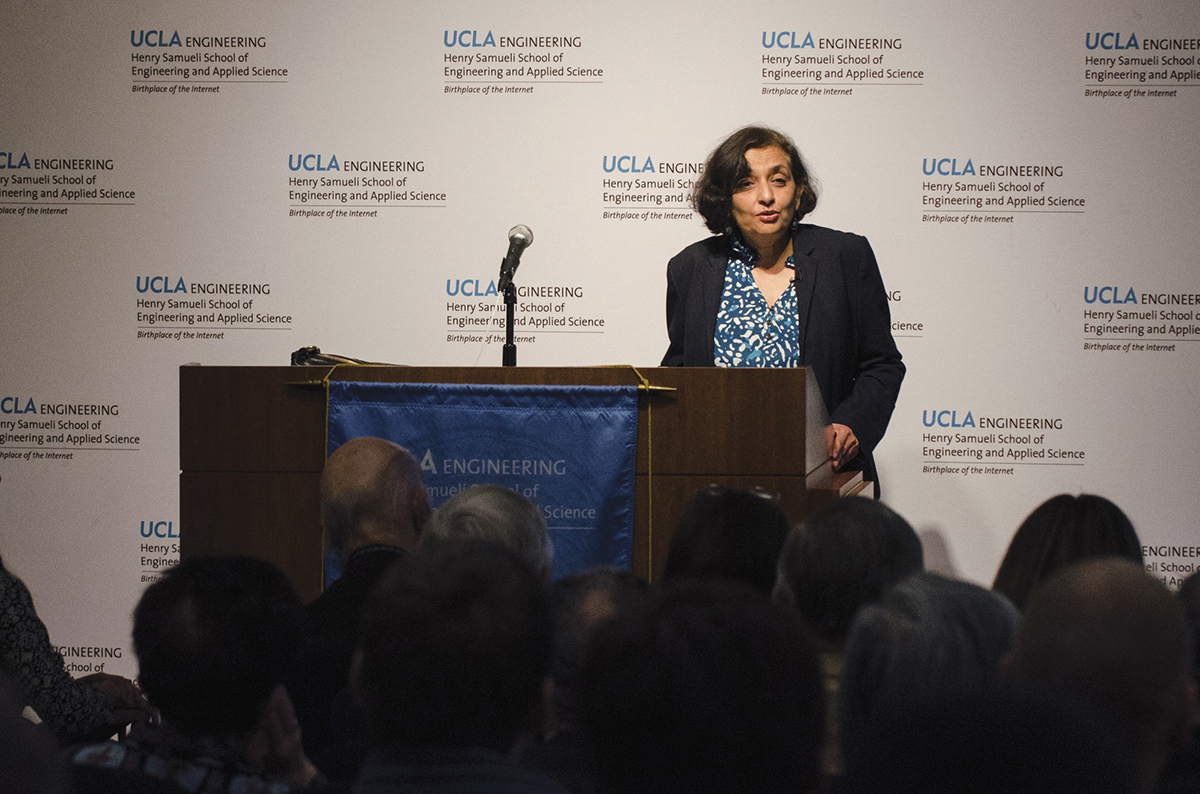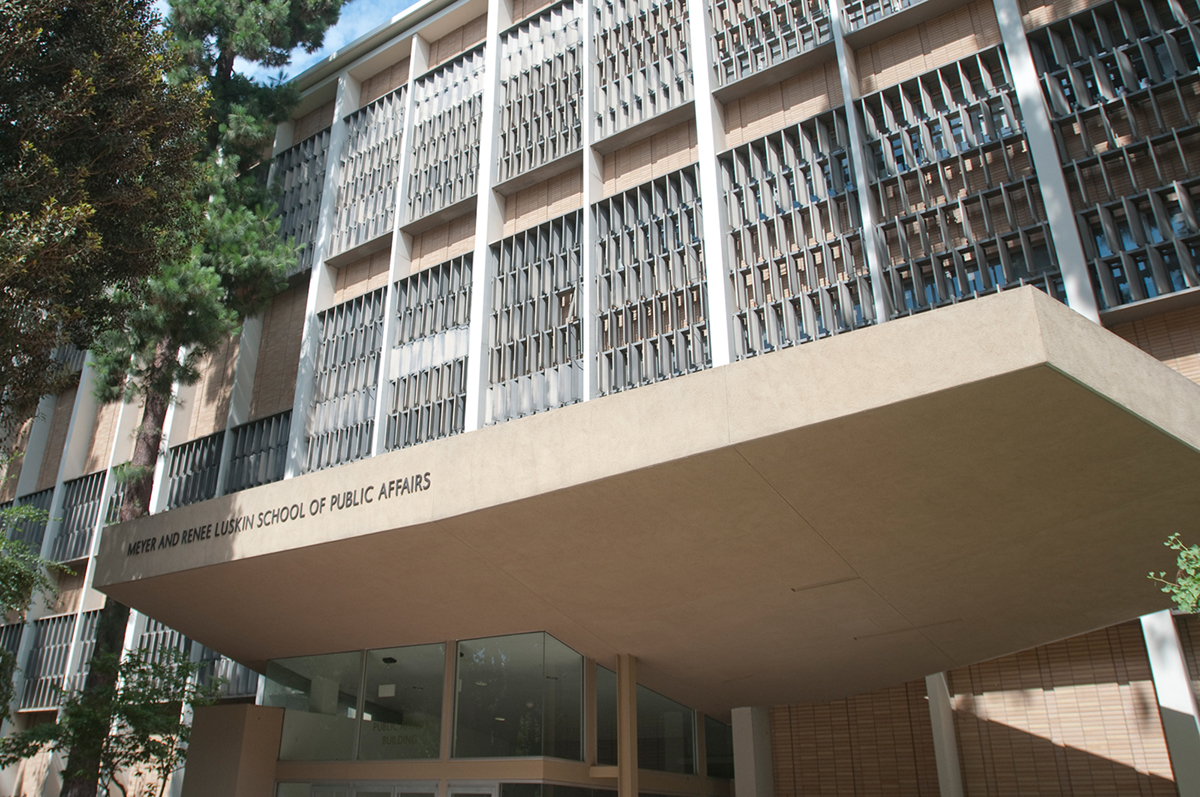Q&A: Dean Alissa Park aims to foster diversity, inclusion in UCLA engineering school
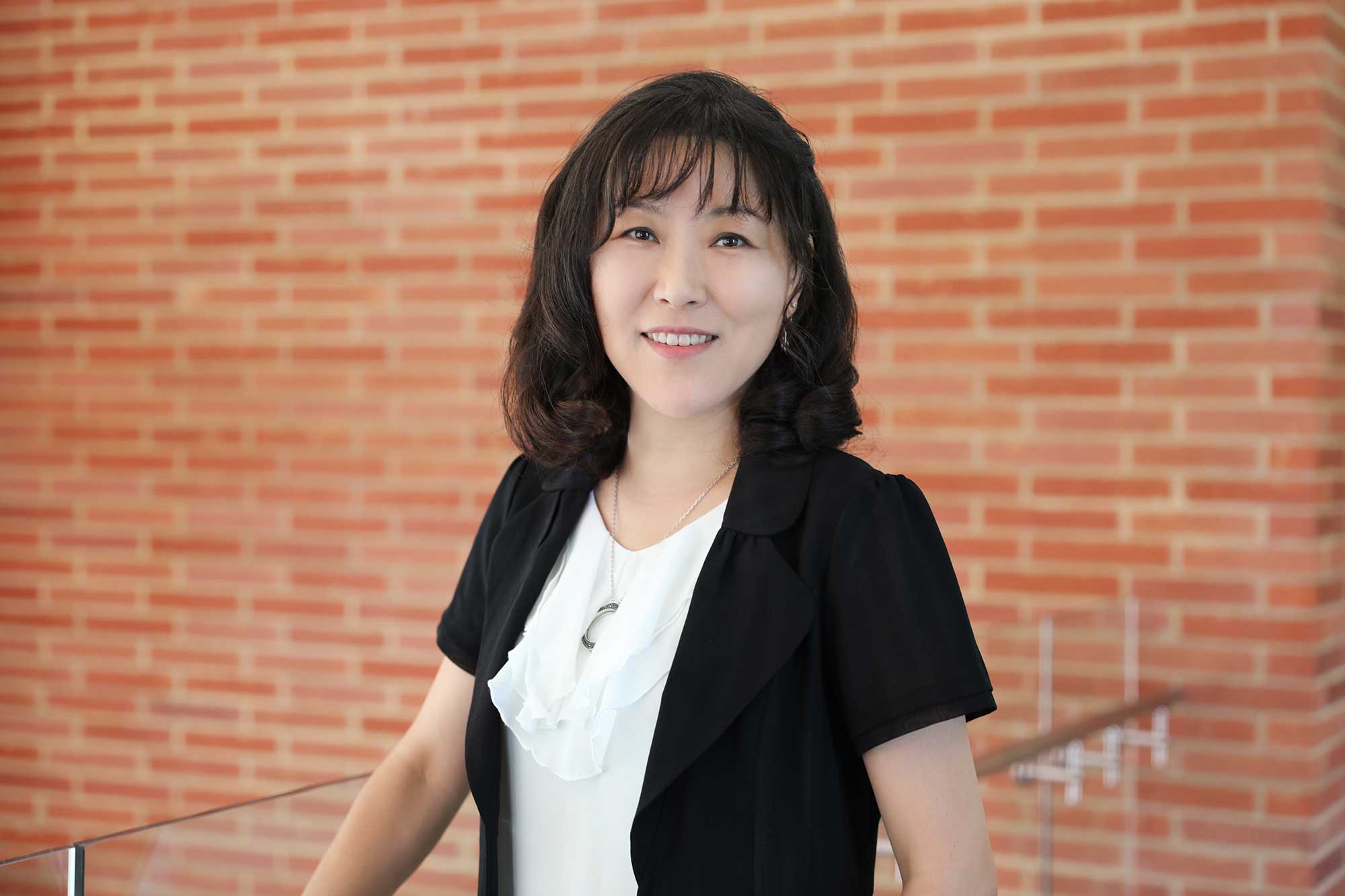
Dean Ah-Hyung “Alissa” Park is pictured. Park, who began her term as dean of the UCLA Henry Samueli School of Engineering and Applied Science in September, sat down with the Daily Bruin to discuss some of her plans and priorities for this academic year. (Courtesy of the School of Engineering)
By Lex Wang
Oct. 15, 2023 9:37 p.m.
This post was updated Oct. 24 at 7:51 p.m.
Ah-Hyung “Alissa” Park, the Ronald and Valerie Sugar Dean of the UCLA Henry Samueli School of Engineering and Applied Science, sat down with the Daily Bruin to discuss her plans in the new role for the upcoming year.
Park officially started her term as dean Sept. 1, following her appointment to the position in June. Park, who previously held faculty positions at Columbia University, spoke about fostering inclusion and diversity in the school through the interdisciplinary nature of engineering.
[Related: Alissa Park to assume position of dean of UCLA Samueli School of Engineering]
This interview has been edited for length and clarity.
Daily Bruin: How are you feeling about the start of the new school year? Is there anything in particular you’re really excited about?
Alissa Park: When I started Sept. 1, campus was very quiet. It was very sunny, very different from New York City. I think the entire month of September rained in New York. Everybody looked very excited to be back in the new academic year.
When we did the (Engineering) Welcome Day, that was really fun because students were going in and out. I was able to talk to freshmen or with senior students – it was really, really cool, so I’m super excited to be here meeting all the great students.
DB: What research have you done at Columbia, and how will those experiences influence what you do here?
AP: I’m a chemical engineer by training, so all my undergrad, master’s and Ph.D. degrees were in chemical engineering. But when I was starting my faculty career in 2007 at Columbia, I did not join the chemical engineering department. The reason was my Ph.D. thesis was on carbon capture and conversion related to climate change mitigation, so what should we do as engineers? By the time I was applying for a faculty position, I really got drawn to highly interdisciplinary departments compared to a traditional engineering department, and at Columbia, the earth and environmental engineering department was really cool, so I joined that department.
(In) my research, I developed new materials and processes to help to lower the carbon footprint. For example, we can capture carbon dioxide from thin air – that’s one of the latest research I’m doing. The first 20 years of research in this area (decarbonization) was how to remove or stop burning fossil fuels, but now not only do we need to do that, we need to decarbonize the entire industry. The whole goal in the United States now is a net-zero carbon economy by 2050. This is an extremely ambitious goal. Decarbonization is important, but we need to do defossilization, which means we make all these things that have carbon in it from nonfossil carbon. How to make all the chemicals and materials, like chairs to fuels to everything, using renewable energy and nonfossil carbon, is my research area – creating a whole new circular carbon economy.
DB: Why did you decide to come to UCLA, and what are some of the priorities you will focus on here?
AP: When I joined Columbia, although I was in both chemical engineering and earth and environmental engineering, I was also exposed to something called the Earth Institute. That was an umbrella institute across the entire school – so not only the engineering school but arts and science, public health, medical school, business school and all that – so we worked with each other. Although I never worked on, for example, policy work or public health, that conversation was always very exciting because the way they asked me questions made me find new scientific and engineering questions to solve. It was always very inspiring.
As I got approached by UCLA – a No. 1 public university with a very ambitious goal of even becoming a minority-serving institution – that really spoke to me. I liked the fact that it’s a big entity with extremely ambitious goals, with somewhat similar but dissimilar challenges and opportunities. With all my ideas on interdisciplinary research and activities with local communities, maybe I can have a good synergy with the excellence already happening here. What I’ve been seeing is a huge amount of potential and excellence within the School (of Engineering), but I also have had a really great time talking to North Campus. I’m talking to the dean of (the Anderson) School of Management, dean of the law school, even talking to the dean of (the School of) Theater, Film, and Television – they need our help on making better video games. I think this is a really fantastic opportunity for all of us.
DB: What changes do you hope to implement?
AP: Our acceptance rate is really low. Five percent is really low. We’d really like to give more opportunities to California students and more – all the students who need to get experience in excellent education should get education. I think our engineering school size is too small. Right now, we have about 194 faculty members. We would definitely want to grow to maybe 225, 250, within the given time under my leadership. It’s significant growth, and we need to figure out what we want to shine. A few of the pillar areas we are focusing on are global sustainability, climate-related issues and AI machine learning. We are doing a lot of searching to figure out how to improve undergrad and graduate education so that we can really have a huge impact.
DB: What plans do you have for promoting diversity at the School of Engineering?
AP: There were a lot of unique programs already, which I was really impressed about. For example, there’s a mentor-professor program we already have – we’re going to continue to do that. I always like to mentor faculty members from diverse backgrounds as one of the very few female engineering faculty. I started 16 years ago – at the time, I was the only female faculty in my department. Things have changed a lot.
Diversity and equity issues shouldn’t be given to only URM faculty – we should all work with each other. That culture shift is very important, and we are getting there. In terms of undergrad, I think we have a lot of good high school programs, but I’d like to even go beyond high school. The people who show up to our doorsteps are the ones already self-selected. We need to go into local communities and out to the areas where they don’t even know we exist, then cultivate their mindset: “What does engineering mean?” I would love to do that with all the faculty members and students who are passionate about this. That pipeline – not only looking at undergrad and high school, going even deeper – you will really change the entire landscape of engineering education.



